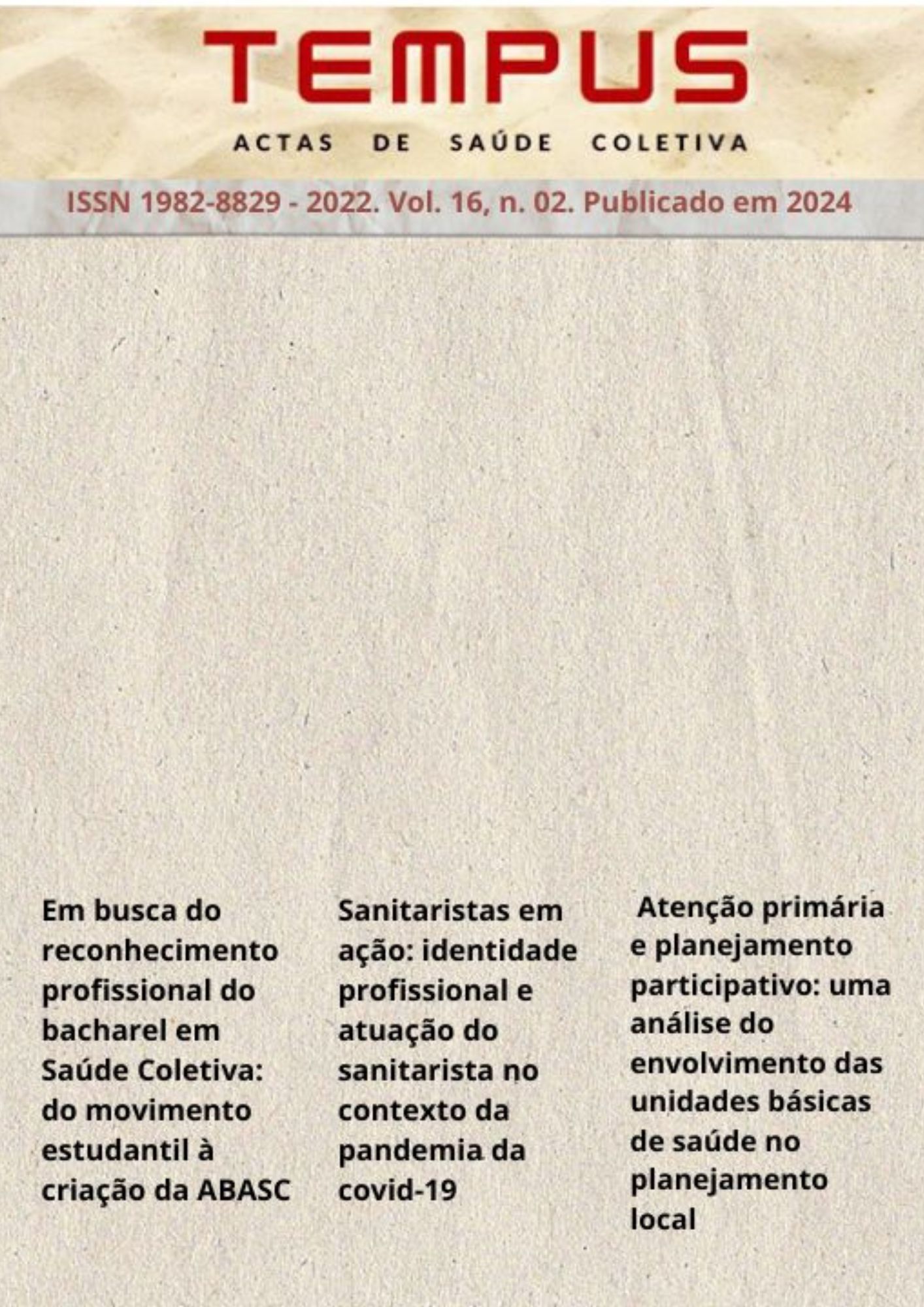Abstract
Health education plays a very important role in the practices of preventing the transmission of arboviruses, in addition to contributing to the adoption of targeted public policies. The objective of this study was to map innovative practices for the control of dengue, zika and chikungunya vectors that exist in Brazil, based on research on activities carried out in schools and published by the Ministry of Education and Ministry of Health. This is a qualitative study, based on documents. Data were analyzed using thematic analysis. Data collection took place through the search for Dengue, Zika and Chikungunya prevention practices in schools, on the official pages of the Ministry of Health and Ministry of Education (MEC). Nine actions were found, which took place during the period from 2015 to 2017 in schools across the country. MEC's ??actions demonstrate quality and community involvement, which actively benefits the fight against A. aegypti. In addition, it is possible to verify the integration between the sectors, in order to promote health education actions in the population. Given the current Brazilian scenario, the actions taken are still scarce, and it is worrying in relation to arboviruses and the challenges for vector control in the country. The availability of timely information, through the integration of existing and available information, is essential for the implementation of specific and effective measures for the prevention and control of arboviruses in Brazil.

This work is licensed under a Creative Commons Attribution 4.0 International License.
Copyright (c) 2024 Tempus – Actas de Saúde Coletiva
